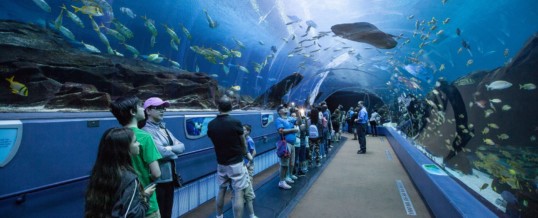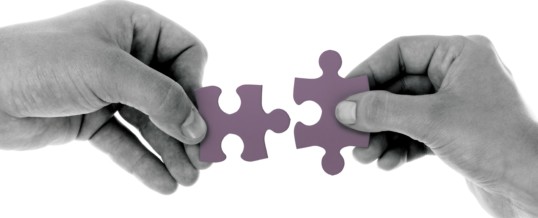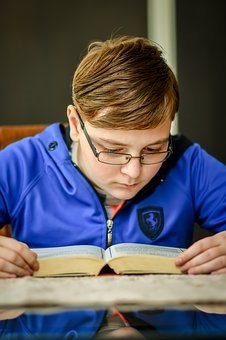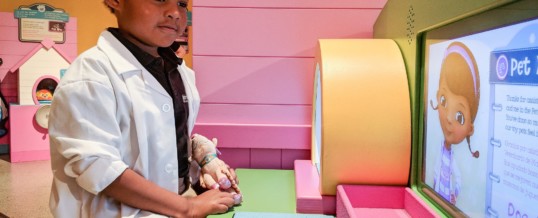Written by Rachel Wise (article republished with permission)
In this article you will find 15 supportive behavior strategies for children on the autism spectrum (some strategies can be used with adults as well). Many of the strategies can also be used to help children without autism who have challenging behaviors.When caring for or working with a child with autism, a parent, teacher, or other adult may become frustrated with the child’s behavior. Behaviors can come on suddenly, last for hours, be hard to control, or make the adult scared or embarrassed.
NOV






 by Emily Graham,
by Emily Graham, 

